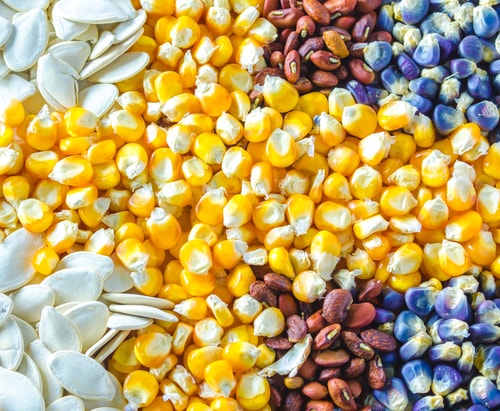Corn will be tested for aflatoxins
By Diego Flammini, Farms.com
The Canadian Food Inspection Agency (CFIA) announced that it has started to hold Indian imports of feed corn so that it can be tested for aflatoxins.
According to the United States National Library of Medicine, aflatoxins are “toxins produced by a mold that grows in nuts, seeds and legumes.”
Iowa State University states that aflatoxins can kill livestock and is considered carcinogenic to humans and animals.
Aflatoxins can be found in peanuts and peanut butter, tree nuts including pecans, corn, wheat and oil seeds including cottonseed.
In a release, the CFIA said the testing is effective immediately and will detain “all incoming shipments of corn imported from India, including organic corn.”

Corn importers are now required to sample the corn and provide the CFIA with the results.
“Sampling must be done immediately after arrival at the Canadian destination because mold can grow and produce aflatoxins during shipping,” the CFIA release said.
The CFIA requires the following information to accompany the corn testing:
- Date of sampling
- Date of analysis
- Analysis for total aflatoxins and for aflatoxin B1
- Unit of measurement expressed in parts per billion (ppb)
- Name of the method(s) used to generate the CoA
- Each result indicated by the limit of quantification and/or limit of detection; and
- The name and signature of the personnel responsible for carrying out the analyses
- Laboratory name
he acceptable aflatoxin level is no more than 20 parts per billion.
Tell us your thoughts on the new CFIA testing of imported corn from India. Does it encourage you about the quality of corn you produce on your farm?